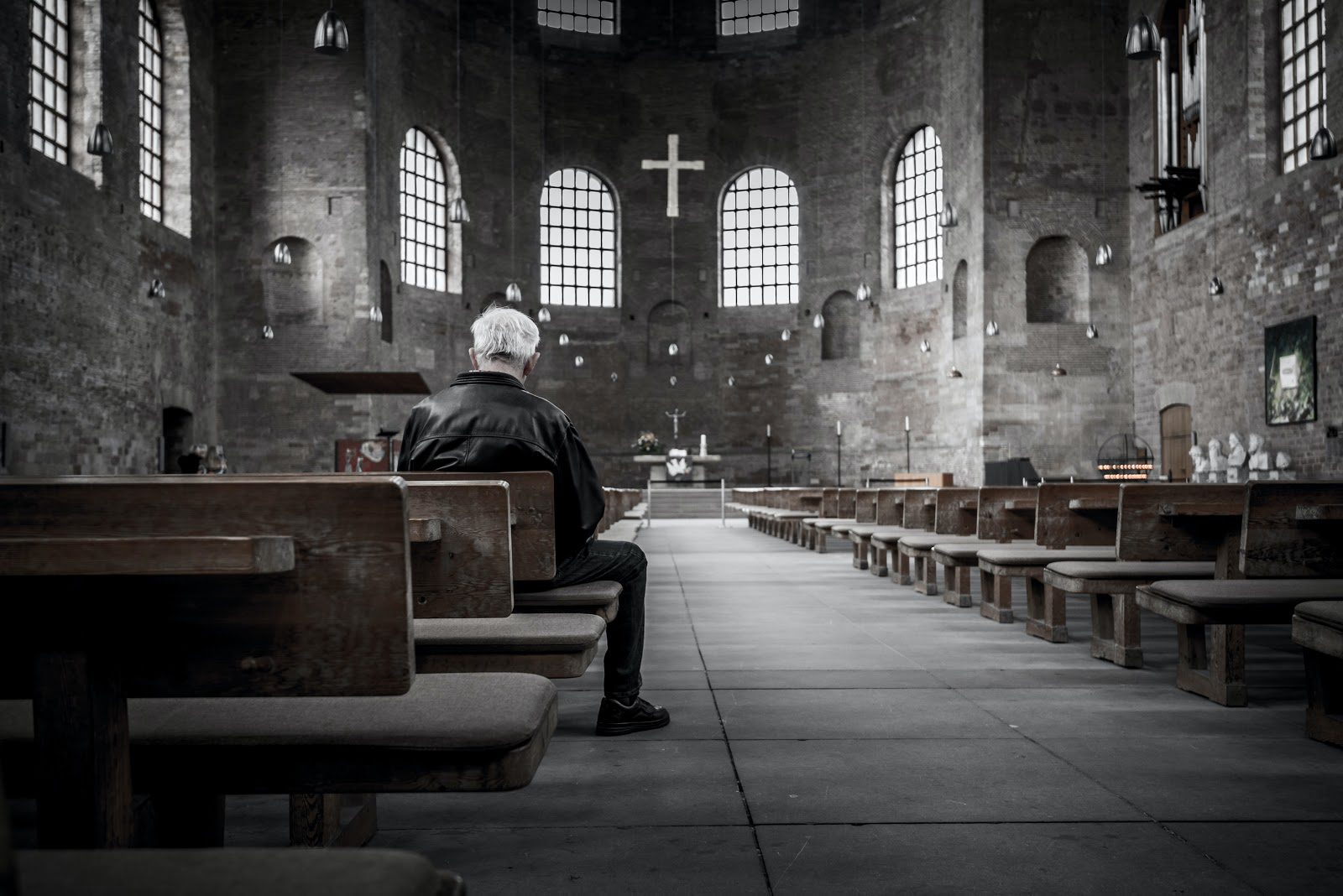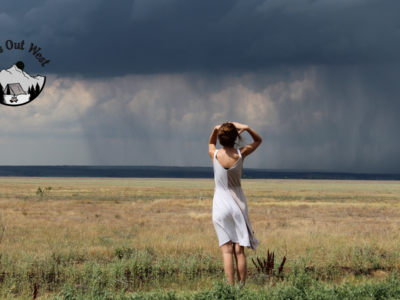If a man had no more to do with God than to be thankful, that would suffice.
Meister Eckhart
In our search for words of gratitude and the language of hope, we almost immediately arrive at prayer.
Psychology professor Robert Emmons is considered the world’s leading expert on gratitude. He explains that, “In many spiritual traditions, prayers of gratitude are considered to be the most powerful form of prayer, because through these prayers people recognize the ultimate source of all they are and all they will ever be.”
The Bible has hundreds of verses with the words “thanksgiving” and “giving thanks.” I love how Paul writes to the Philippians, “Do not be anxious about anything, but in everything by prayer and supplication with thanksgiving let your requests be made known to God. And the peace of God, which surpasses all understanding, will guard your hearts and your minds in Christ Jesus.” Gratitude brings peace that surpasses human understanding. Gratitude becomes a healing mechanism for sustaining times of uncertainty and suffering.
Paul goes on to say “Whatever is true, whatever is honorable, whatever is just, whatever is pure, whatever is lovely, whatever is commendable, if there is any excellence, if there is anything worthy of praise, think about these things.” This is the practice of gratitude — choosing to intentionally focus our attention on what is good, just, excellent, honorable, true, on our reasons for hope.

Writing the Book of Hope: Week 4
What does your faith teach you about gratitude and hope? What prayers of gratitude naturally arise within you? Prayer can come in many forms, meditation, quiet moments, cries for help and cries for hope. Let your heart lead your practice this week and see what prayers emerge.
Share what you discover with us @rootandvinenews We’re writing this Book of Hope together. Just now joining us? Welcome! Get started here.





 Copyright
2025
Root and Vine
Copyright
2025
Root and Vine